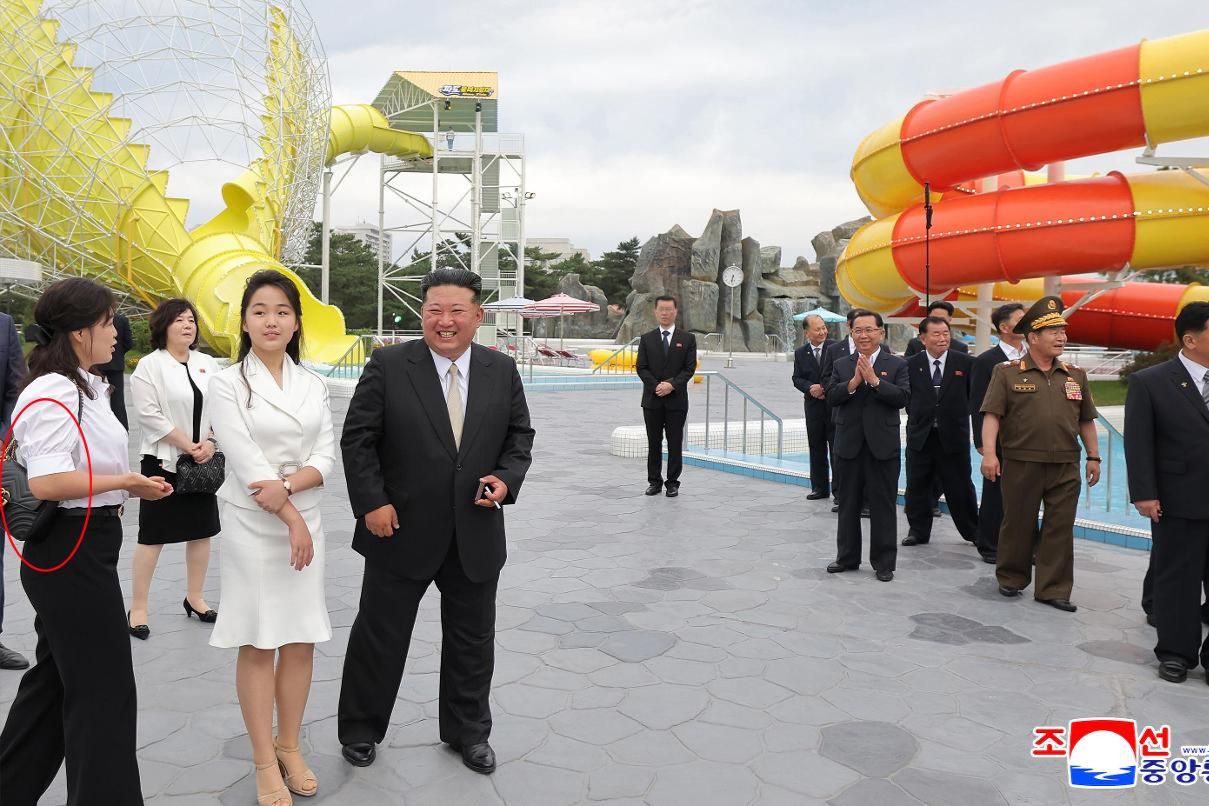North Korea's Stark Divide: Luxury Goods Surge Amidst Deepening Poverty & Widening Inequality
 North Korea
International Politics
North Korea
International Politics

North Korea faces growing inequality as luxury goods flood border regions for the elite, while ordinary citizens struggle with extreme poverty and basic necessi
North Korea's Growing Divide: Luxury Thrives Amidst Widespread Poverty
North Korea is currently experiencing a dramatic and widening economic chasm, showcasing stark contrasts between its politically connected elite and its struggling general populace. While striking images surface of high-end luxury goods like Chanel cosmetics and designer handbags in the hands of the affluent, a vast segment of ordinary citizens grapples with extreme poverty and a critical lack of basic necessities.
The Surge of Opulence in Border Regions
Reports from independent sources like Daily NK reveal that economic disparities have become strikingly more pronounced in regions bordering China since the resumption of trade activities. Cities such as Hoeryong in North Hamgyong Province and Hyesan in Ryanggang Province, key hubs for cross-border commerce, are witnessing a significant surge in luxury imports facilitated by ethnic Chinese traders. What were once rarities, global brands like Chanel perfumes, previously smuggled as discreet gifts for high-ranking officials, are now circulating openly. This trend signifies the rise of the "donju"—an emerging wealthy class with the direct means to acquire these exclusive items. In Sinuiju, adjacent to China's Dandong, even fur coats have become a popular fashion statement among affluent women as winter approaches, symbolizing their newfound purchasing power.
A Nation Struggling for Basic Survival
However, this conspicuous display of wealth stands in sharp opposition to the deteriorating living conditions faced by most North Koreans. In the very same border regions where luxury goods proliferate, countless families are struggling to afford even rudimentary winter insulation. A source from Ryanggang Province disclosed to Daily NK that plastic sheeting, a common and essential item for weatherizing homes against the harsh winter, is now prohibitively expensive for many households. While typically installed by this time of year, its current cost—equivalent to half a kilogram of rice—is deemed an unaffordable luxury amidst persistent food shortages. The severity of the situation is underscored in one Hyesan neighborhood unit comprising about 30 households, where only three managed to purchase new sheeting this winter, with just two more reusing old materials.
The Politicization of Capital and Regime Risks
Experts emphasize that while economic inequality began to surface in the early 2000s with the advent of informal markets, the current "politicization of capital" introduces new and significant risks to the stability of the regime. Those with strong political connections are effectively consolidating substantial economic power through expanded trade with China, inadvertently deepening the sense of deprivation and resentment among the poor. This growing frustration poses a tangible threat to social cohesion and stability.
Severe Measures to Maintain Economic Order
The regime's response to perceived economic disorder has been notably severe. The Daily Mail recently recounted the public execution of a couple in their fifties, accused of accumulating significant wealth through a motorcycle and bicycle repair and rental business. North Korean judicial authorities reportedly presented this brutal act as a "warning to maintain economic order and educate the masses," underscoring the state's tight grip on economic activity and social control within its borders.
Warnings of Widespread Discontent
Hong Min, a senior research fellow at the Korea Institute for National Unification, warns that the expanding economic collaboration between North Korea and China has inadvertently fostered a system where "political capitalists" can amass even greater profits. He cautions that an intensifying sense of deprivation among ordinary citizens could significantly heighten the likelihood of widespread public discontent, posing a serious and escalating challenge to Kim Jong-un's leadership.
This stark juxtaposition of surging luxury and deepening poverty paints a grim and complex picture of North Korea's internal dynamics, where current economic policies continue to exacerbate social divisions and rigorously test the resilience of its populace.